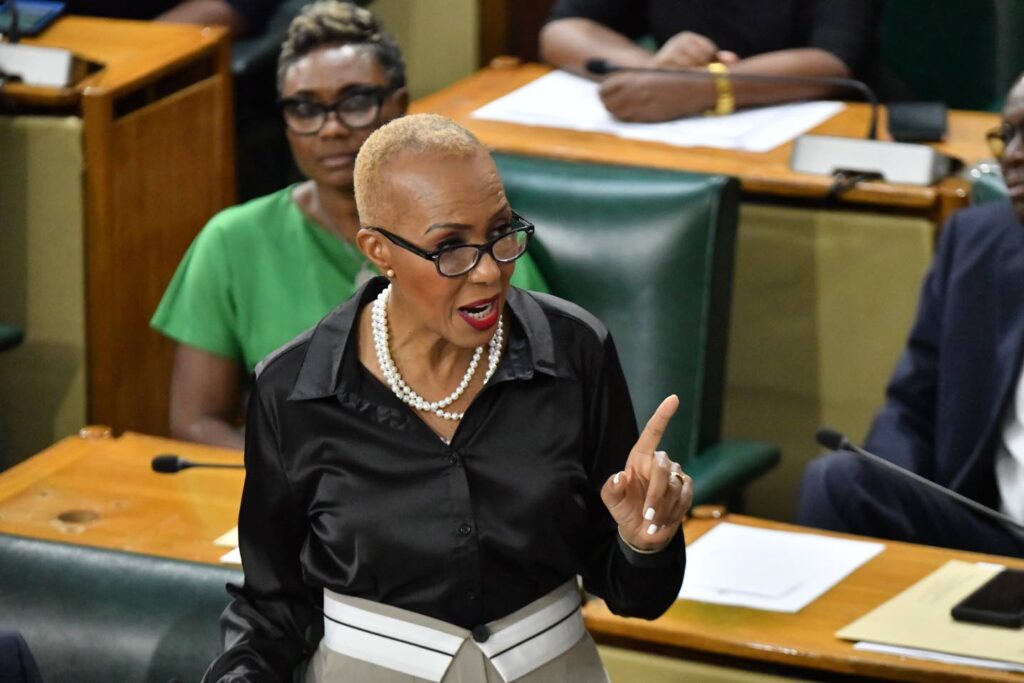Russia Mulls Revising Oil Price Rule: Could Boost Spending & Reserves

Moscow, Russia – In a move that could significantly alter Russia's fiscal strategy, Finance Minister Anton Siluanov has reignited discussions surrounding an adjustment to the country's oil price budget rule. Currently, Russia's budget is predicated on an oil price cut-off of $60 per barrel. Siluanov’s recent statement suggests a reassessment of this benchmark is warranted, potentially opening the door for increased government spending and bolstering national cash reserves.
Understanding Russia's Oil Price Rule
For years, Russia has employed a fiscal rule that limits government spending based on the prevailing global oil price. When oil prices exceed the established threshold (currently $60), the surplus revenue is directed towards building up Russia’s National Wealth Fund (NWF), a sovereign wealth fund intended to cushion the economy against future shocks and fund strategic projects. This rule has served as a crucial tool for stabilizing the Russian economy, particularly during periods of volatile oil markets.
Why the Potential Shift?
Siluanov's suggestion to revisit the $60 benchmark comes amidst a complex economic landscape. While oil prices have fluctuated, they have generally remained above this level, leading to substantial accumulations within the NWF. The Finance Minister's rationale likely stems from a desire to unlock these funds and channel them into areas of national priority. Some analysts believe this move is partly driven by the need to support the economy amidst ongoing geopolitical challenges and sanctions.
Impact on Spending and Reserves
Adjusting the oil price rule upwards would allow the government to spend a larger portion of oil revenues directly, rather than diverting them to the NWF. This could translate into increased funding for infrastructure projects, social programs, and defense spending. Simultaneously, it could impact the rate at which Russia builds up its cash reserves, potentially slowing the growth of the NWF.
Market Reaction and Future Outlook
The possibility of a policy shift has already sparked debate among economists and market participants. The immediate response is likely to be cautious, with analysts closely monitoring developments and assessing the potential implications for Russia’s fiscal stability. Any formal adjustments to the rule would require careful consideration and alignment with broader macroeconomic goals.
Key Considerations
- Geopolitical Landscape: Sanctions and international relations will undoubtedly influence Russia's fiscal decisions.
- Oil Price Volatility: The inherent fluctuations in oil prices pose a challenge to any long-term fiscal planning.
- Economic Priorities: The government's spending priorities will dictate how any additional funds are allocated.
Ultimately, Siluanov’s comments signal a potential evolution in Russia’s fiscal policy, one that could have far-reaching consequences for the country’s economic trajectory and its ability to navigate the challenges ahead. The decision to adjust the oil price rule will be closely watched by both domestic and international observers.






